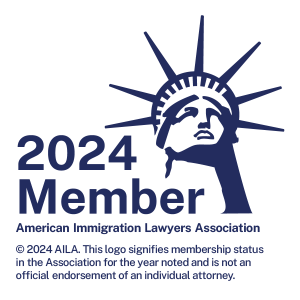On June 18, 2020, the U.S. Supreme Court ruled 5-4 to block President’s Trump attempt to end the Deferred Action for Childhood Arrivals (DACA) program for young immigrants. This is a huge win for the 700,000 or more young immigrants who will retain work authorization and deportation protection.
DACA is an Obama-era program from 2012 that protects hundreds of thousands of immigrants brought to the U.S. as children from deportation, if they do not present a risk to national security or public safety, and meet several key criteria.
The DACA program will reopen for new applicants. To apply for DACA, individuals who demonstrate that they meet the following criteria will be eligible for deferred action for childhood arrivals, on a case-by-case basis AND can apply for work authorization in the U.S. if they meet the following criteria:
- Were under the age of 31 on June 15, 2012;
- Arrived in the United States before turning 16;
- Continuously resided in the United States from June 15, 2007, to the present;
- Were physically present in the United States on June 15, 2012, as well as at the time of requesting deferred action from USCIS;
- Entered without inspection before June 15, 2012, or any lawful immigration status expired on or before June 15, 2012;
- On the date of the request, are in school, have graduated or obtained a certificate of completion from high school, have obtained a general education development (GED)
It is important to understand that deferred action is not a legal immigration status. Deferred action is a discretionary decision by DHS (Department of Homeland Security) not to pursue enforcement against a person for a specific period. A grant of deferred action does not alter an individual’s existing immigration status or provide a path to citizenship. Thus, deferred action cannot be used to establish eligibility for an immigration status that requires maintenance of lawful status. Deferred action, however, may allow a person to qualify for certain state benefits, such as driver license, though state requirements vary.
While deferred action does not cure any prior or subsequent period of unlawful presence, time in deferred action status is considered a period of stay authorized by the Secretary of DHS. An individual does not accrue unlawful presence while in deferred action status or while a DACA request is pending if the individual filed a request before reaching age 18. DHS can renew or terminate a grant of deferred action at any time.
For more information on DACA,
text/call 407-292-7730 | whatsapp 407-353-1363 |email gail@gaillaw.com
FREE phone & in-office consultation – FREE Live Chat www.GailLaw.com
Copyright © 2020, Law Offices of Gail S. Seeram. All Rights Reserved.














